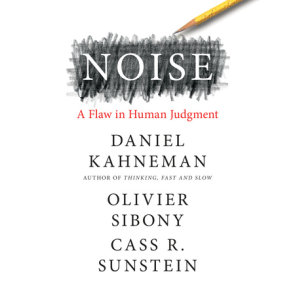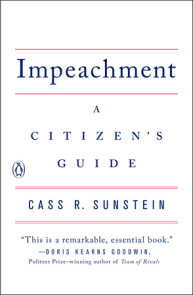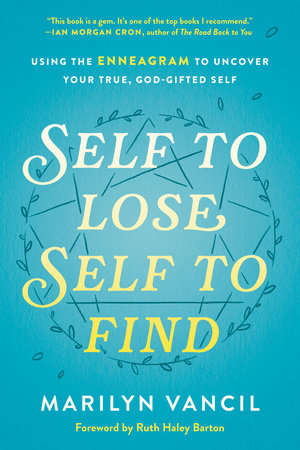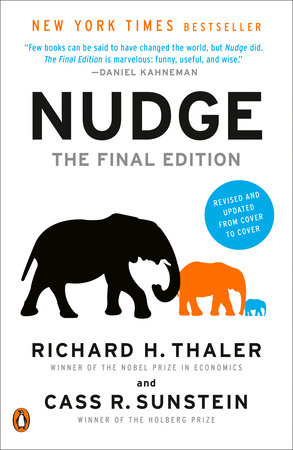

Nudge
By Richard H. Thaler and Cass R. Sunstein
By Richard H. Thaler and Cass R. Sunstein
By Richard H. Thaler and Cass R. Sunstein
By Richard H. Thaler and Cass R. Sunstein
Category: Business | Self-Improvement & Inspiration | Psychology
Category: Business | Self-Improvement & Inspiration | Psychology

-
$19.00
Aug 03, 2021 | ISBN 9780143137009
-
Aug 03, 2021 | ISBN 9780525508526
YOU MAY ALSO LIKE
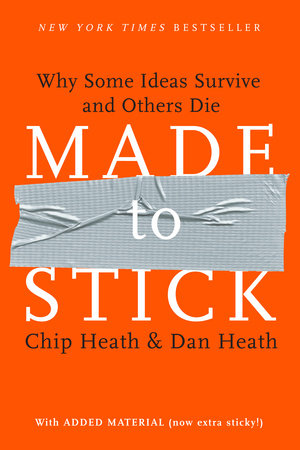
Made to Stick
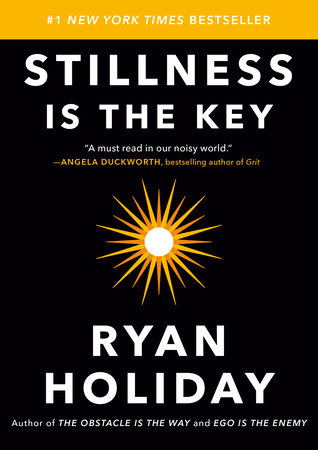
Stillness Is the Key
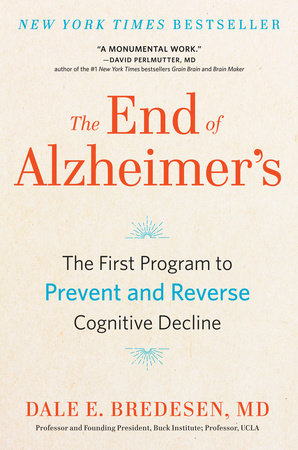
The End of Alzheimer’s
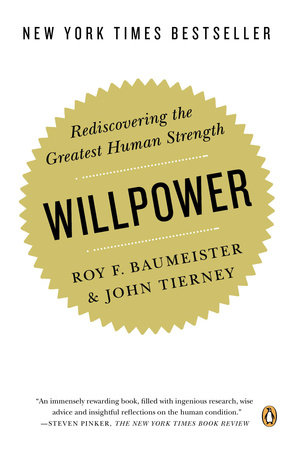
Willpower
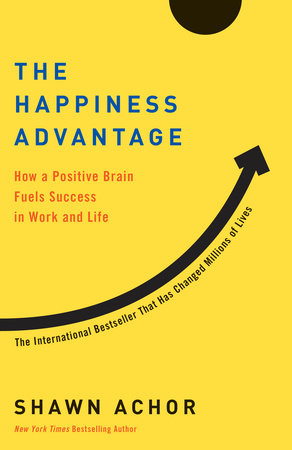
The Happiness Advantage
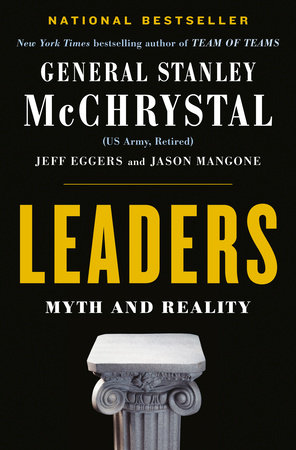
Leaders
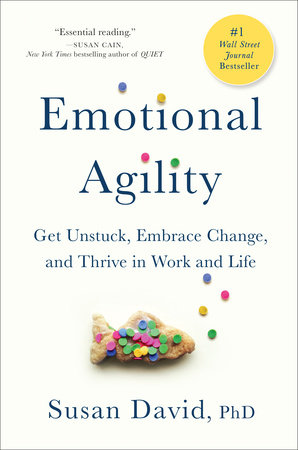
Emotional Agility
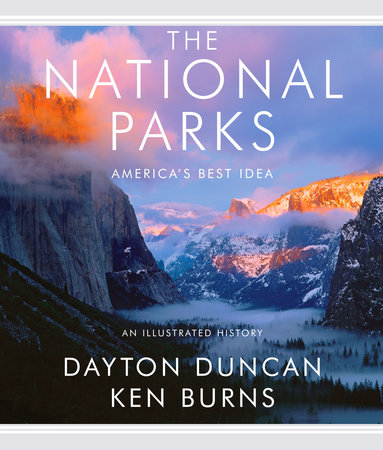
The National Parks
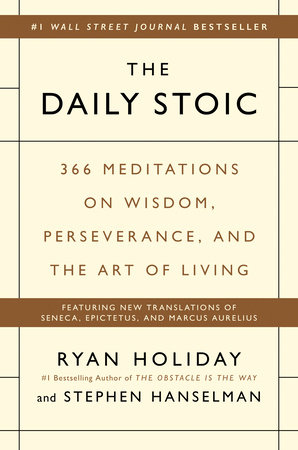
The Daily Stoic
Praise
Nominated for Malcolm Gladwell, Susan Cain, Adam Grant, and Daniel H. Pink’s Next Big Idea Club
“A cultural phenomenon [that] finally brought behavioral economics into the mainstream . . . This version of the book is chock-full of new ideas. . . . Since the pandemic began, governments and companies around the world have had to think creatively about how to nudge people to wear masks, socially distance, and get vaccinated. And we’ve seen a lot of creative campaigns that adopt strategies outlined in Nudge.” ―NPR’s Planet Money
“Few books can be said to have changed the world, but Nudge did. The Final Edition is marvelous: funny, useful, and wise.” ―Daniel Kahneman, #1 New York Times bestselling author of Thinking, Fast and Slow
“Nudge should be required reading for anyone who aspires to run a country, lead a company, raise a child, or make a choice. It’s the gold standard for using behavioral science to guide decisions and policies, and the new edition is even better than the original.” ―Adam Grant, #1 New York Times bestselling author of Think Again and host of the TED podcast WorkLife
“Nudge has changed the way we think about both business’s and society’s biggest problems. The Final Edition is full of new insights and well worth reading.” ―Eric Schmidt, former CEO of Google
“We used the core principles of Nudge when designing our protocols for resuming play during the pandemic. This new edition provides a refreshed set of practical concepts and strategies to influence decision-making for good.” ―Adam Silver, NBA commissioner
“If you’ve read Nudge and think you fully grasp the concept and its uses, you are mistaken. The new edition significantly deepened my understanding of what nudges are and how they can be employed. It truly is a must-read.” ―Robert Cialdini, New York Times bestselling author of Influence
“Revolutionary. Once you’ve read it, you start seeing the evidence everywhere. Evidence that economic orthodoxy is woefully out of date, that as humans we’re not always rational, and that in every bit of architecture, design, and economic choice, we are ALWAYS being nudged in some way. Once we see and accept that, we can ask how we can make better choices. This book points us in the direction. It changes the way you see the world—this edition even more so.” ―David Byrne, musician
“In the spirit of Donald Norman’s The Design of Everyday Things . . . Thaler and Sunstein deliver a spirited argument to enable well-informed people to overcome various biases and ‘probabilistic harms’ to do what is best for them and, in the present case, their fellow ‘American Humans.’ . . . Students of design, politics, economics, and many other fields will delight in these provocative discussions.” ―Kirkus Reviews
Acclaim for the original edition of Nudge
“Nudge has changed the world. You may not realise it, but as a result of its findings you’re likely to live longer, retire richer and maybe even save other people’s lives.” —The Times (London)
“Probably the most influential popular science book ever written.” —BBC Radio 4
“One of the few books . . . that fundamentally changed the way I think about the world.” —Steven D. Levitt, coauthor of Freakonomics
“Engaging and insightful . . . The conceptual argument is powerful, and most of the authors’ suggestions are common sense at its best. . . . For that we should all applaud loudly.” —The New York Times Book Review
“An essential read . . . The book isn’t only humorous, it’s loaded with good ideas that financial-service executives, policy makers, Wall Street mavens, and all savers can use.” —The Boston Globe
“This book is terrific. It will change the way you think, not only about the world around you and some of its bigger problems, but also about yourself.” —Michael Lewis, author of Moneyball and Liar’s Poker
“This gem of a book . . . is a must-read for anyone who wants to see both our minds and our society working better. It will improve your decisions and it will make the world a better place.” —Daniel Kahneman, Nobel Prize–winning author of Thinking, Fast and Slow
“Utterly brilliant . . . Nudge won’t nudge you—it will knock you off your feet.” —Daniel Gilbert, author of Stumbling on Happiness
“Nudge is as important a book as any I’ve read in perhaps twenty years. It is a book that people interested in any aspect of public policy should read. It is a book that people interested in politics should read. It is a book that people interested in ideas about human freedom should read. It is a book that people interested in promoting human welfare should read. If you’re not interested in any of these topics, you can read something else.” —Barry Schwartz, The American Prospect
“Engaging, informative, and thoroughly delightful.” —Don Norman, author of The Design of Everyday Things and The Design of Future Things
“A wonderful book: more fun than any important book has a right to be—and yet it is truly both.” —Roger Lowenstein, author of When Genius Failed
“Save the planet, save yourself. Do-gooders, policymakers, this one’s for you.” —Newsweek
“Great fun to read . . . Sunstein and Thaler are very persuasive.” —Slate
“Nudge helps us understand our weaknesses, and suggests savvy ways to counter them.” —The New York Observer
“Always stimulating . . . An entertaining book that also deeply informs.” —Barron’s
“Entertaining, engaging, and well written . . . Highly recommended.” —Choice
“This Poor Richard’s Almanack for the 21st century . . . shares both the sagacity and the witty and accessible style of its 18th-century predecessor.” —Law and Politics Book Review
“There are superb insights in Nudge.” —Financial Times
21 Books You’ve Been Meaning to Read
Just for joining you’ll get personalized recommendations on your dashboard daily and features only for members.
Find Out More Join Now Sign In







